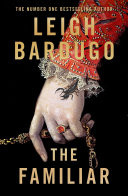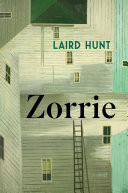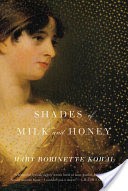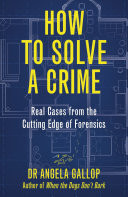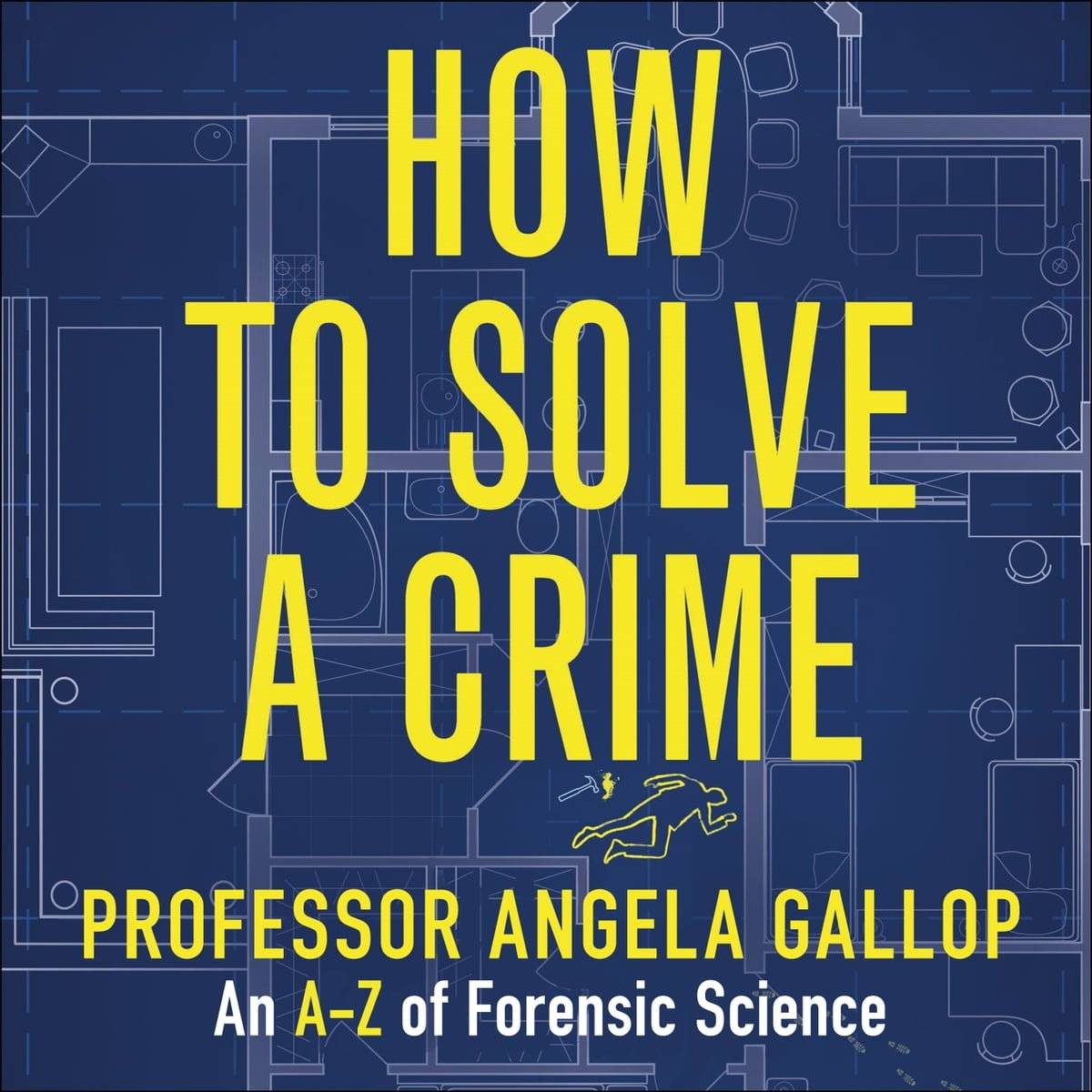
Every. Single. Sentence. In this is in passive voice.
I‘m not kidding.
Every. Single. One. 😭
I understand science-speak is a thing, but it should be reserved for serious publications in dull professional journals.
Even as a textbook, this would‘ve been tedious, no matter how interesting the material was. As an attempt at nonfiction? A mind-numbing PAN.
2.0/5
julesG 🙈🙈🙈 So the book was written in the most boring tense ever? 😜 1y
eol @julesG Exactly. I like scientific books which are sometimes niche and are often written by actual scientists, but there's one huge minus to them: when a PhD follows an author's name, you run the risk that the style ingrained in the author by countless publications will “shine“ through. Many fight hard against it, and then the books are awesome, but some are like this one :/ 1y
4 likes2 comments







